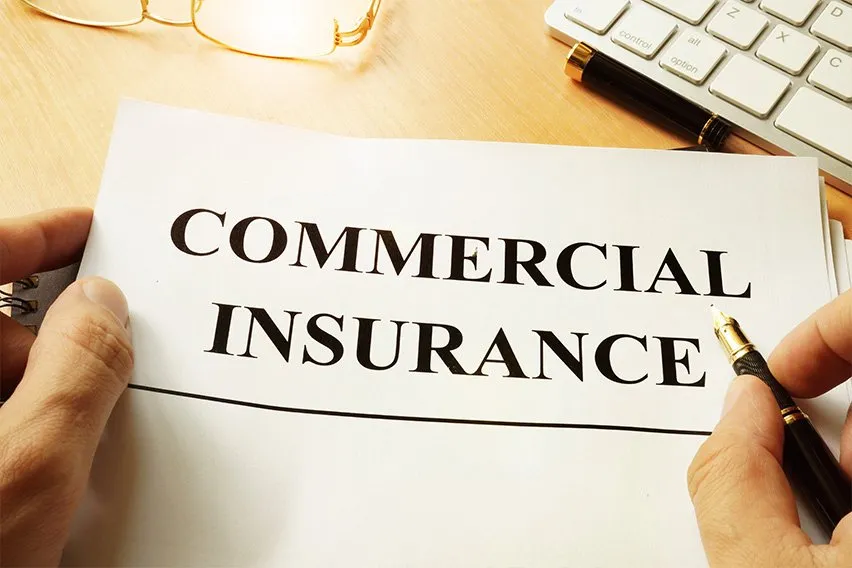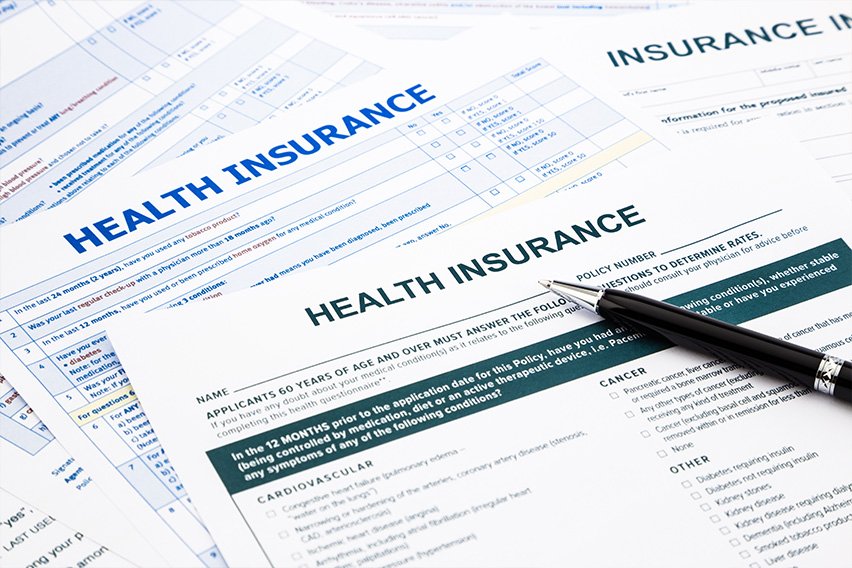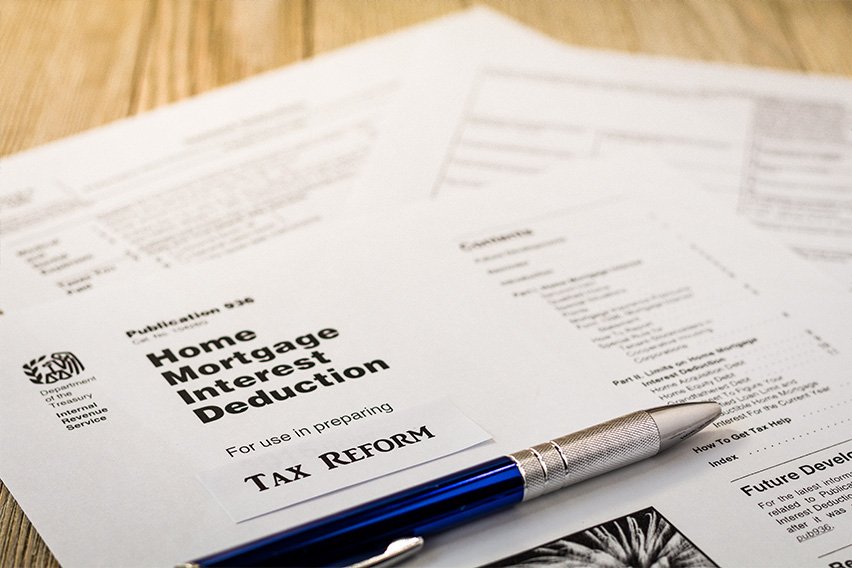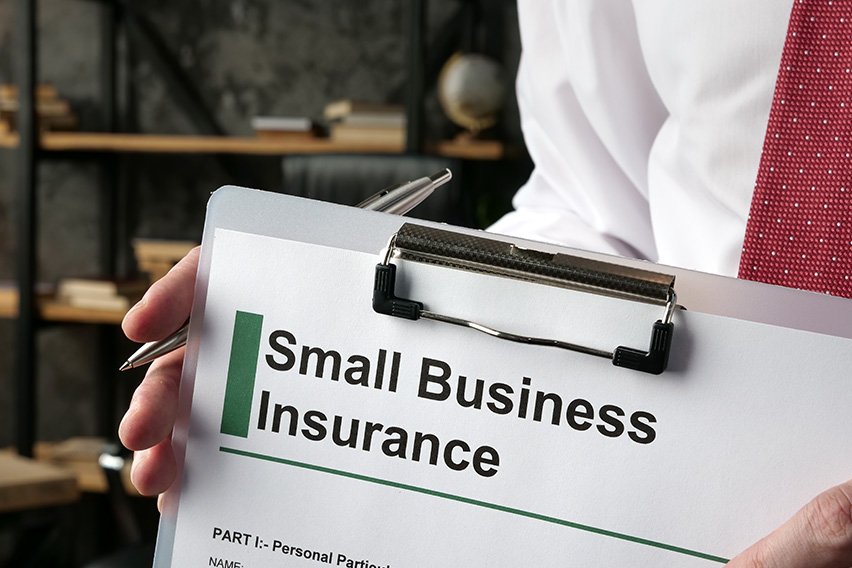What Is Commercial General Liability Insurance? How to Protect Your Business from Financial Loss

Commercial general liability insurance provides businesses with comprehensive coverage for personal injury, property damage and advertising injury caused by your company’s business operations, products, or employees. Commercial general liability coverage is required by most businesses to protect them from financial loss stemming from negligence. It protects a company from some of the most common lawsuits related to normal business activities. Commercial general liability covers non-professional negligence. Negligence related to a business’s professional services, on the other hand, requires professional liability insurance. In addition to general liability insurance, businesses may need to invest in commercial auto insurance, commercial property insurance, workers compensation and business income insurance to keep them protected from risk.
These topics explain what commercial general liability insurance is and how it protects small businesses:
What Is Covered By Commercial General Liability Insurance?
How Much Does Commercial General Liability Insurance Cost?
What Businesses Need Commercial General Liability Insurance?
What Is Covered By Commercial General Liability Insurance?
Commercial general liability insurance provides the insured with coverage for common liabilities. It covers your legal fees in the case of lawsuits and pays out damages on your behalf if you’re found liable, up to the maximum limit set by your business insurance policy. Almost all businesses invest in general liability insurance, because it offers protection from the financial loss associated with lawsuits, which happen frequently in the business world. A standard commercial general liability insurance policy includes the following coverage:

Bodily Injury and Property Damage Liability
This coverage provides protection against liability claims of bodily injuries or property damage due to negligent acts related to your business operations. Bodily injury doesn’t just include physical harm; it can also include emotional distress and mental trauma.
Personal and Advertising Liability
This type of coverage protects your business from liability claims related to specific legal offenses, such as:
- Copyright infringement
- Slander
- Libel
- Invasion of privacy
- Malicious prosecution
- False arrest
- Use of another company’s intellectual property
Medical Expenses
General liability insurance includes coverage for medical payments when someone other than an employee is injured on your business’s premises. When an employee is injured at work, workers compensation will pay their benefits.
The injured person doesn’t need to file a lawsuit to collect compensation for their medical expenses, you just need to file a claim. Your policy will cover all necessary medical expenses, including:
- Primary medical care
- Drug prescriptions
- Surgical costs
- Ambulance fees
- Hospital charges
- Nursing fees
- Funeral expenses, in the case of death
Read about the other common forms of insurance coverage that small businesses should invest in to protect themselves from risk.
How Much Does Commercial General Liability Insurance Cost?
There are other factors that affect how much you’ll pay for general liability insurance, including the coverage limits of your policy. The higher your maximum limit, the more you’ll pay. The size of your deductible will also affect the amount you pay on insurance premiums. If you have a higher deductible, your premiums will be lower. Just make sure your deductible is an amount your business is able to cover if the need arises.
- The size of your business premises
- The condition of your business property and buildings
- The location of your business
- Your industry and type of business operations
- The number of years you’ve been in business
- The number of workers you employ
- Your business claims history
There are other factors that affect how much you’ll pay for general liability insurance, including the coverage limits of your policy. The higher your maximum limit, the more you’ll pay. The size of your deductible will also affect the amount you pay on insurance premiums. If you have a higher deductible, your premiums will be lower. Just make sure your deductible is an amount your business is able to cover if the need arises.
According to a survey by Insureon, the average annual cost for commercial general liability insurance is $741.

To cut down on the cost of your commercial general liability policy, consider the following options:
- Bundle your insurance policies: A Business Owner’s Policy (BOP) packages common liability and property insurance plans into one policy. Investing in a BOP can save your business money while still offering comprehensive coverage.
- Minimize your risks: Managing the risks and vulnerabilities of your business can help lower the cost of your general liability plan. These practices can help lower your insurance costs:
- Investing in a security system
- Installing a sprinkler system
- Developing an employee training program
- Minimizing hazards in your workplace
- Consider a higher deductible: If you agree to a higher deductible, your monthly or annual insurance premiums will be lower. This is a risky move, however. Make sure you can afford to cover your deductible in the case of a liability claim.
What Businesses Need Commercial General Liability Insurance?
Commercial general liability insurance covers your business financially in the case of lawsuits related to negligence, which can bankrupt businesses that don’t have insurance coverage. All small businesses should invest in general liability insurance, including companies working in the following industries:
- Architecture and engineering
- Construction and landscaping
- Contractors
- IT and tech companies
- Creative agencies
- Freelancers and consultants
- Professional services, including accountants, lawyers, doctors and therapists
RELATED ARTICLES

 Health Insurance for Freelancers: Affordable Coverage Options for the Self-Employed
Health Insurance for Freelancers: Affordable Coverage Options for the Self-Employed Is Interest on Mortgage Tax Deductible? a Primer.
Is Interest on Mortgage Tax Deductible? a Primer. The Top 10 Types of Insurance Claims Filed by Small Businesses
The Top 10 Types of Insurance Claims Filed by Small Businesses What Is Small Business Insurance? A Complete Guide to Insurance for Startups
What Is Small Business Insurance? A Complete Guide to Insurance for Startups